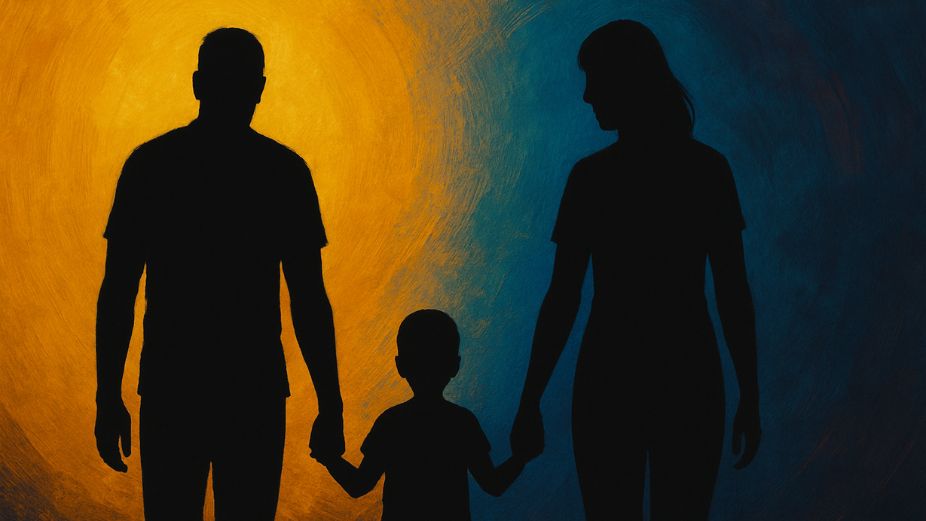
The 2025 edition of the United Nations Population Fund’s State of World Population report marks a shift in how the world is being urged to think about fertility, demographic change and the politics of population. At a time when headlines veer between warnings of overpopulation and fears of demographic collapse, the report argues that what the world truly faces is neither a boom nor a bust, but a crisis of choice, rights and structural inequality.
For small island nations like the Maldives, the findings resonate deeply. As the country balances its development goals with the challenges of climate change, migration and youth engagement, the global conversation around population takes on local significance.
A Crisis of Choice, Not Numbers
The report points out that many people are having fewer children than they actually want. Out of 10,000 respondents across multiple countries, the most common reason cited was financial strain, followed by job insecurity and housing concerns. These are not abstract data points. They reflect real-life constraints on family formation. In the Maldives, where income disparities persist and the cost of living remains high, young couples face similar dilemmas. Fertility choices are increasingly shaped by economic pressures, not biological preference.
Demographic Resilience over Panic
Rather than promoting population control or growth, UNFPA introduces the concept of demographic resilience. This is the idea that countries should build flexible, rights-based systems that allow people to adapt to changing population dynamics. This includes access to sexual and reproductive health, inclusive education systems and gender equality.
For the Maldives, demographic resilience could mean investing more deliberately in youth wellbeing, ensuring comprehensive sexual education, and improving access to reproductive healthcare, especially in remote atolls. It also means preparing for future ageing trends by investing in care infrastructure and diversifying the economy to retain young people.
Youth and Gender: Central to the Future
The report underlines that progress in gender equality has stalled. While there has been a global increase in female political participation and declining acceptance of intimate partner violence, many young women still lack full bodily autonomy. Social expectations and unequal domestic responsibilities also discourage many from pursuing larger families.
In the Maldives, while some progress has been made, including initiatives that support women entrepreneurs and female education, systemic challenges remain. Addressing gendered barriers, from childcare burdens to workplace discrimination, is crucial if young Maldivians are to make reproductive choices freely and confidently.
Moving Beyond Fertility Targets
Perhaps one of the report’s most critical arguments is that the success of a population policy should not be judged by whether fertility rates rise or fall. Rather, success lies in whether people have the freedom and resources to realise their reproductive intentions. This is a direct challenge to simplistic narratives often heard in public discourse and political rhetoric.
In the Maldivian context, this reframing could help shift policymaking away from demographic fears, such as brain drain or declining birth rates, and towards creating a society where people feel secure enough to choose parenthood, or not, without penalty or pressure.
A Local Opportunity in a Global Conversation
The Maldives, with its young population, high literacy and strong community networks, is well positioned to lead by example. The challenge is to ensure that population-related policies are rooted in rights, not reaction. The UNFPA report offers a timely reminder that development is not about managing numbers. It is about supporting lives.
As countries around the world rethink their approach to demographic change, the Maldives must ask whether it is enabling people to thrive, or simply measuring whether they multiply.











